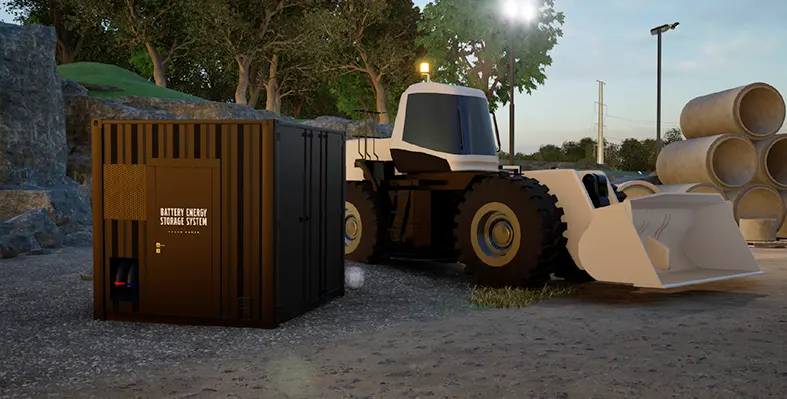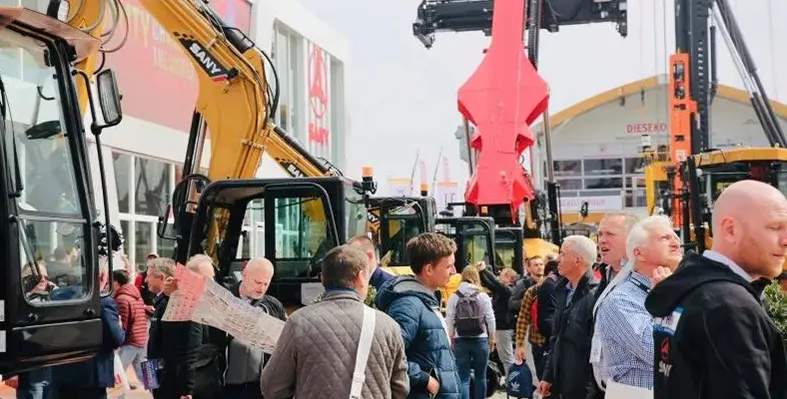
Sedna Africa expands industrial reach with private mobile network deployment at Mozambique’s strategic Beira Port terminal
Sedna Africa has secured a major contract with Cornelder de Moçambique to deploy a private mobile network at Beira Port, Mozambique, aiming to improve safety, operational efficiency, and productivity at one of southern Africa’s most important transport hubs
The deployment marks a strategic move by Sedna Africa to expand beyond its traditional mining focus into other heavy industries such as ports, oil and gas, and manufacturing. The company, which recently restructured to accelerate growth across Europe, Africa, and the Middle East, views the Beira project as a critical step in this evolution.
Anton Fester, managing director of Sedna Africa, explained, "Our heritage lies in mining, where we’ve built a strong pedigree supporting industry leaders like Anglo American, African Rainbow Minerals, Zimplats, Seriti, Sibanye Stillwater, Thungela and DRA. But the reality is Africa’s ageing infrastructure cannot meet the demands of modern industrial use cases, particularly when it comes to connectivity."
Most African ports still operate on outdated narrowband technologies, limiting the adoption of modern digital solutions. Sedna’s private mobile networks address this gap, enabling high-throughput, reliable communication essential for safety, automation, and productivity.
Jan de Vries, managing director of Cornelder, highlighted the port’s growing importance and the role of modern infrastructure.
"Improved port infrastructure and efficiency will attract more trade, boosting economic growth. Enhanced capabilities will support industries, create jobs and generate revenue. Modernising, digitising and focusing on safety and automation are critical components of these plans, ensuring the port is future-fit."
Sedna Africa has already delivered several pioneering industrial connectivity projects, including Africa’s first licensed spectrum private LTE network for mining and the first underground LTE deployment. The company is using its mining expertise to help resolve infrastructure bottlenecks in other sectors.
Fester adds, "We’re using the knowledge, skills, and experience honed in mining to tackle infrastructure bottlenecks across Africa."
The company’s expanded offering includes OT governance, enabling communication layers, and distributed fibre sensing. Advanced fibre optic trials have shown the potential for detecting wear, fire, and failures, supporting preventive maintenance and risk management.
With active operations in six African countries, Sedna Africa remains committed to driving Africa’s digital industrial revolution and creating a more connected, inclusive future.





















